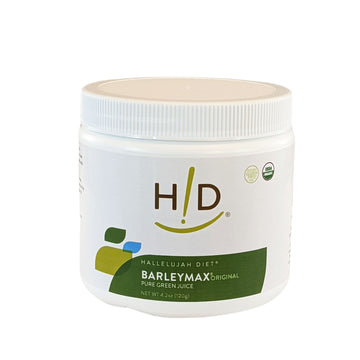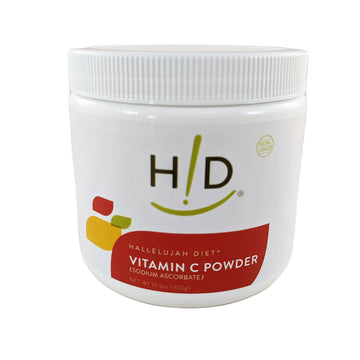Fewer Americans may be facing the dreaded "C" word this year. But not because they're doing anything better for their health.
It's because the word "cancer" is being redefined.
The National Cancer Institute has proposed a redefinition of "cancer" in an effort to reduce over-treatment of lesions or other growths — treatment that does more harm than good, both physically and psychologically. Only faster growing lesions would be called "cancer" and slower-growing, non-life-threatening growths would be redefined as “indolent lesions of epithelial origin” (IDLE).
This is good because current estimates say that a third of breast cancer is likely harmless, and more than half of all prostate cancer diagnoses deserve observation rather than radical treatment.
Ironically, better detection methods are partly to blame. Mammograms now have the ability to detect tiny lesions that were never detectable before (not to mention of the breast cancer-inducing risks of mammograms themselves). Despite the fact that telling the difference between a benign lesion and breast cancer is very difficult, the presence of anything abnormal, no matter how microscopic, sends women into a panic, seeking breast cancer treatment without thinking it through.
The sad part is, hardly anyone realizes that, in most cases, their own body can easily rid itself of small lesions if provided with the right conditions to do so — and that "jumping the gun" with traditional cancer treatment will actually hamper any true healing.
Immediate, unnecessary cancer treatment (of breast cancer or other cancers) with certain modern medical procedures not only has the potential to cause physical and psychological harm, it also has the potential to impede the real cure for disease — the body's own self-healing processes.
This happens because, when traumatized by cancer treatment, the immune system must deal with both the treatment trauma in addition to the disease; often, it's just too much for the immune system to handle, and the person's health begins declining.
Some argue that the real reason that cancer is being redefined is an effort by the government to deny unnecessary screening or treatment to people who don't have "real" cancer.
Politics aside, redefining cancer is still a good thing. Here's why...
If you had a lesion or a growth that didn't qualify for cancer treatment, you'd still want to do something about it, right? This opens the door wide open to alternatives — like diet and lifestyle changes with the Hallelujah Diet, for example.
People who are forced to explore alternatives are drawn to education about their disease and inevitably find information about the power of their own body to heal itself.
There's nothing magical about diet and lifestyle change. There is, however, a miracle that happens — when a person begins educating themselves and discovers the self-healing power of their own body.
How do you define "cancer?" Scroll below the related articles to comment!







